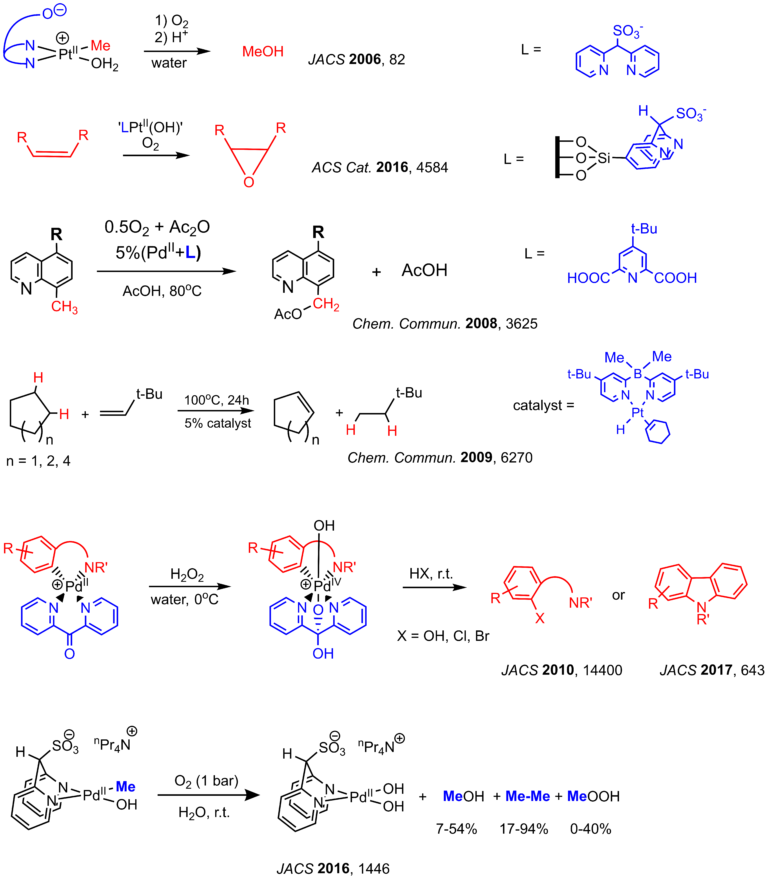
Education
- Doctor of Science (D.Sc.) degree in Organic & Physical Chemistry, Kazan State University, 2000
- Ph.D. degree in Organic Chemistry, Kazan State University, 1986
- M.S. degree in Organic Chemistry, Summa cum Laude, KSU, 1983
Professional Experience
- Professor, University of Maryland, College Park, 2012 –
- Associate professor, University of Maryland, College Park, 2009 – 2012
- Assistant Professor, University of Maryland, College Park, 2003 – 2009
- Research Associate, Indiana University, Bloomington, IN with Prof. K.G. Caulton, 2001-2003
- Associate Professor, Department of Chemistry, Kazan State University, Russia, 1990-2000.
- Assistant Professor, Department of Chemistry, Kazan State University, Russia, 1985-1990.
Research Interests
- Organotransition metal chemistry, catalysis and reaction mechanisms, experimental and computational (DFT)
- “Green” synthetic methodologies: the use of O2 and H2O2 for selective C‑H and CC bond functionalization
Major Recognitions and Honors
- Presidential Scholarship, 1994
- Yu. T. Struchkov award in the field of organometallic chemistry, 1995
- Junior Faculty Award, College of Chemical and Life Sciences, 2008
- NSF Special Creativity Award, 2009-2011
Students Mentored
To date 9 high school students, 30 undergraduates and 25+ graduate students have done research in the Vedernikov Group.
We develop and explore mechanistically new methods for oxidative C H and M C bond functionalization (Advances in Organometallic Chemistry. UK: Academic Press, 2017, 67, 221) and design new catalytic transformations that allow us to functionalize kinetically inert bonds and molecules. These transformations involve various bond-breaking (C H, C B, O=O, Pd C, Pt C, etc.) and bond-making (C B, C O, C (F … I), C C, C=C, C N, etc.) steps occurring at a transition metal center (e.g., Pt, Pd). See an overview of some of our works in Scheme 1. Designing new reactions is greatly facilitated by experimental and computational studies targeting mechanisms of organometallic reactions. We are active in this area of chemistry as well (Angew. Chem. Int. Edit. 2015, 54, 6309). Some new reactions mechanisms are discovered and studied in detail in our group.



